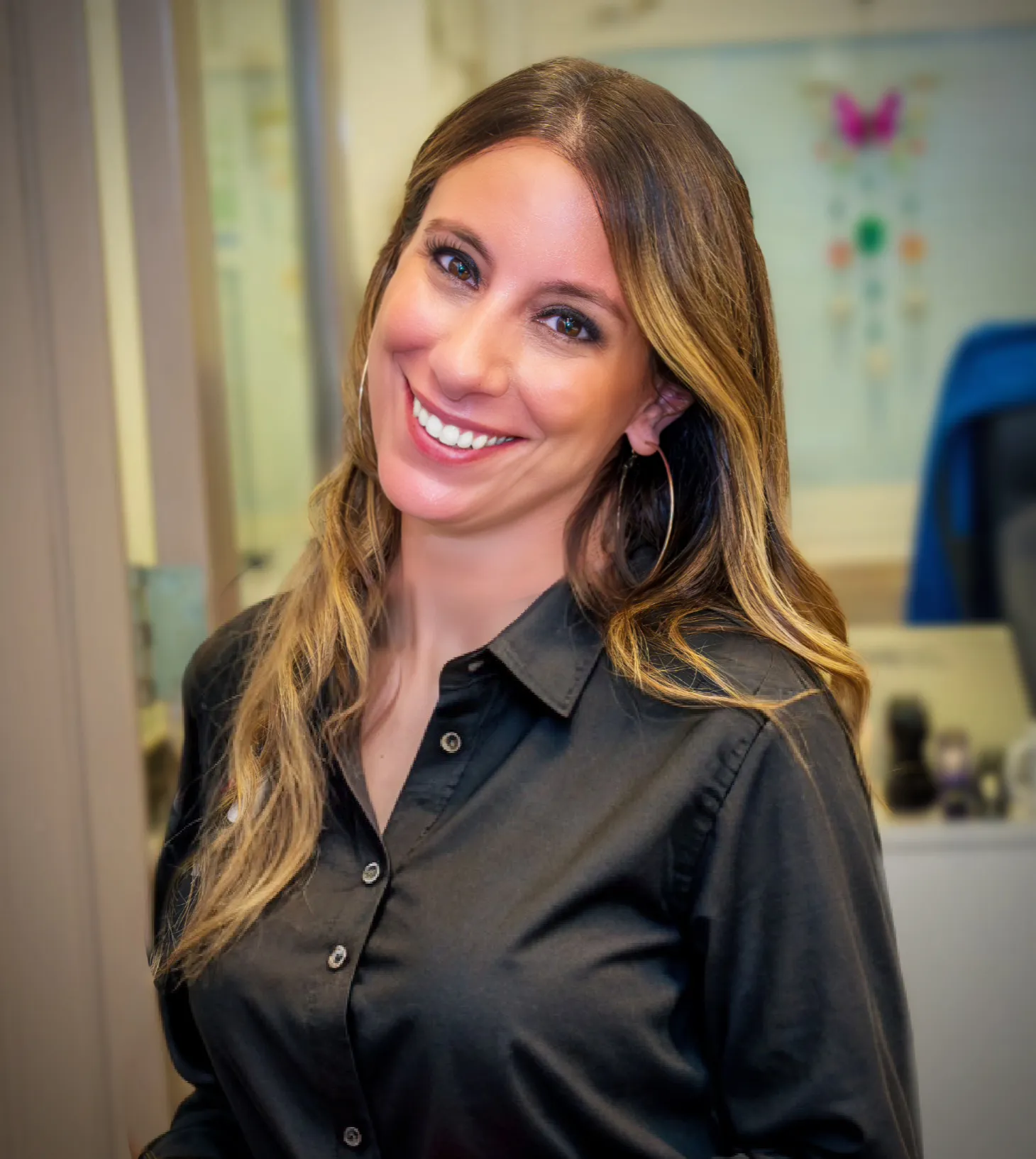About Me
Me.
Devoted Assistant Principal with a demonstrated commitment to cultivating a positive and inclusive school environment. Proven leadership in supporting the strengths of others, fostering a collaborative atmosphere among educators, and championing student success. Committed to elevating student outcomes through innovative strategies. My focus on nurturing the whole child underscores the importance of holistic development, encompassing academic and social-emotional well-being. A key aspect of my leadership is recognizing and leveraging the unique strengths of individuals, fostering a culture of continuous growth.
CORE VALUES.
- Collaboration
- Integrity
- Altruism
- Compassion
- Growth
HIGHLIGHTS.
- Improving teacher performance through routine evaluation and improvement plans through collaboration and transparent conversations that focus on achieving a culture of excellence
- Earning a reputation as a student-focused, dynamic leader committed to the school community’s academic, social, emotional, and intellectual well-being
- Fostering a supportive and nurturing school environment by establishing relationships with students and staff that supports the diverse learning and/or socio-emotional needs of students
- Maintaining up-to-date knowledge of current educational applications, perspectives, emerging technologies, and best practices for sustaining positive change
- Forging solid and trusting relationships with students, staff, and families, offering guidance/solutions, overseeing academic issues/concerns, and continually developing student engagement and their love of learning
- Demonstrating superior organizational, interpersonal, and communication talents throughout my career accomplishments
Educational Philosophy
"Our care of the child should be governed not by the desire ‘to make him learn things’, but by the endeavor always to keep burning within him that light which is called intelligence."
--- Maria Montessori
All students can learn.
While this sentiment may seem cliché , the essence of Maria Montessori’s quote remains at the epicenter of my convictions. It encapsulates why education holds unparalleled importance for me and articulates my ultimate purpose to contribute to communities in New York City. I hold the belief that every student, irrespective of background or identity, brings unique strengths, characteristics, and experiences to the learning process. The crux of Montessori’s quote implies that the primary objective of education should not be coercing children to memorize specific facts but rather nurturing and preserving their natural intelligence and love for learning. It is the duty of all educational stakeholders to tap into these diverse aspects, transcending factors such as race, class, gender, language, sexual orientation, socio-economic status, or special needs to foster student achievement.
All students are inherently capable learners, driven by an internal “light” that craves knowledge. This thirst for learning can best be quenched through two key elements: 1) the design of appropriate, yet challenging and engaging instruction that resonates with students and 2) the cultivation of a meaningful student-teacher relationship. Rather than fixating on the superficial content coverage within a specific timeframe, it is important that a deeper, more authentic approach to teaching and learning is taken into consideration. This involves student-led discussion, project-based learning, and a focus on the depth of content, facilitating a more meaningful comprehension of the subject matter. Based on my experience within middle school and high school, it is important that we can bridge the two levels by affording students with the tools, readiness, and access needed to be successful in school and during their post-secondary endeavors.
While rigorous instruction is crucial, it should be partnered through fostering relationships, as this is pivotal to student learning and growth. In my experience, impactful teaching is rooted in genuine connections. Students thrive when they learn from teachers with whom they share a connection, creating a safer environment where they feel comfortable taking risks. The teacher-student relationship should evolve into a two-way dialogue, breaking away from the traditional model of “I teach, you listen”. Once this rapport is established, instruction becomes tailored to meet students where they are, ensuring their lives and backgrounds are reflected in the curriculum and classroom conversations.
It is important that education extends beyond the confines of the classroom. I see education as a transformative force that empowers students to navigate the complexities of an ever-changing world. In today’s transformative society, where children’s voices are increasingly vital, engagement and participation in the learning process become paramount. Citizenship, for me, is not just a concept but a guiding principle, emphasizing the importance of students actively participating in their learning and contributing to the global community.
My role as an educational leader is to support teachers in making meaningful connections, modeling expectations that lead to increased student engagement, inquisitive learning, improved attendance, and enhanced academic performance. My vision revolves around inspiring all students to learn and achieve their goals, while also fostering broader systemic change. Collaboration within the professional learning community is crucial for success. Together, we will strive to inspire curiosity, instill a love for learning, and equip students with both academic knowledge and essential character skills. This collaborative effort aims to ensure that the flame of intelligence continues to burn brightly within each student throughout their lifelong journey of knowledge and growth.
Our care of the child should be governed not by the desire ‘to make him learn things’, but by the endeavor always to keep burning within him that light which is called intelligence.
Maria Montessori
